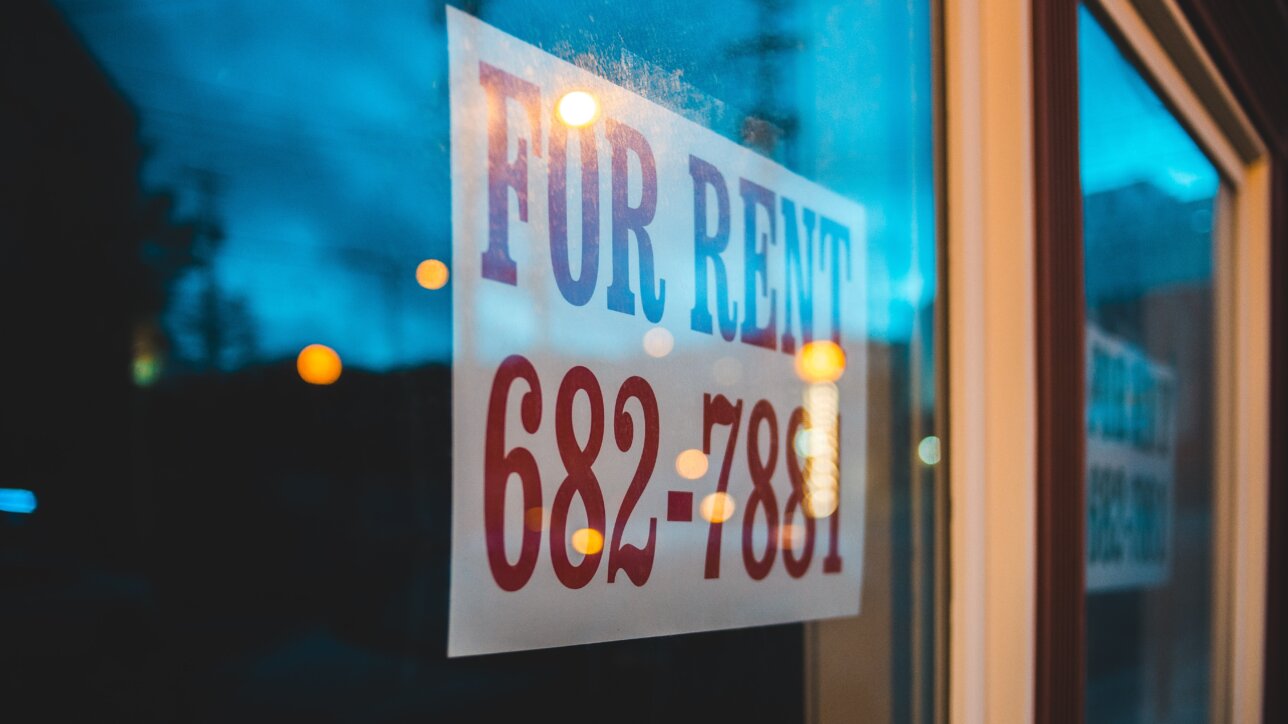
August 17, 2020
How Rent Impacts Dental Practice Valuations

There’s more to a dental practice valuation than hard assets and even the state of the pandemic. Earnings before interest, taxes, depreciation and amortization (EBITDA) is not a static evaluation of the practice with so many factors that affect the investable value of a business. In addition, most businesses also run one-time and personal expenses aside from operations through their profit-and-loss report and tax return that are also backed out to determine profitability. Here’s how all these contribute to the valuation of your dental practice.
Salary
To finalize the EBITDA, the owner’s salary must be taken into consideration to calculate the market rate. Sometimes, the owner is overpaying themselves as a W2 employee, while other times, they aren’t taking as much as they should, both based on market, tax and investable perspectives to raise or lower the amount of net income that remains with the business to produce a living wage.
Property
Oftentimes, when the owner of the business also owns the real estate in another company in which the buyer is not looking to purchase the building, non-market rent is being paid much higher and essentially just covering the costs of maintaining the building. As an asset, the building also needs to be paid a market rent by the business that occupies its space, causing a need to adjust the valuation amount.
Calculations
Between EBITDA and real estate costs, it is often a circular reference because every dollar that could have been considered EBITDA now affects the value of the business toward rent. The key is balancing the value of the business with the value of the real estate. This is normally done by having the business pay a market rate and the building receives a market rent rate that stabilizes each value to what it really should be.
What’s next?
Contact the experts at Professional Transition Strategies to help determine the value of your business while also ensuring a living wage is paid.